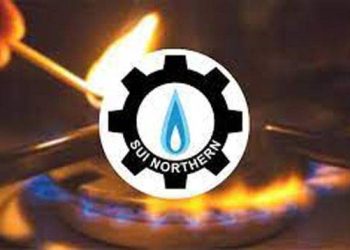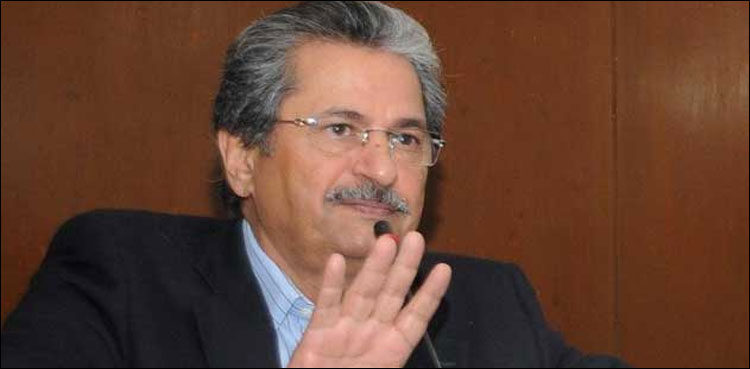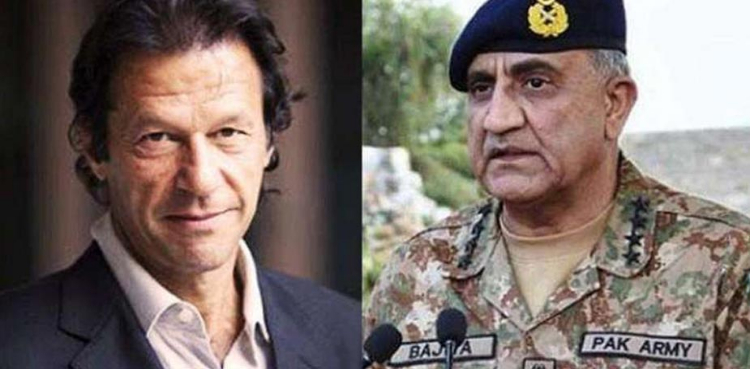WEB DESK
Federal Finance Minister Ishaq Dar on Saturday lashed out at the opposition Pakistan Tehreek-e-Insaf (PTI) and also a little at his immediate predecessor Miftah Ismail, stating that the rupee was devalued too irresponsibly in the past, which has created the current situation.
In a statement issued on Saturday, Dar said that the national economy was at a crucial moment where it could not afford any further shocks or experiments. Criticizing the opposition for overseeing one of the worst periods for the country economically, Dar said that the way the country was growing when they left, the country should be among G-20 countries today.
Instead, he said that our economy was currently ranked 46th in the world. He said that the opposition, who has cried hoarse about the country defaulting and of unproven corruption allegations and mismanagement of the incumbent institution on the global scale, has damaged Pakistan’s credibility and, thus, its ability to get out of the crisis.
However, Dar said that the country would not default just because the opposition says so. He also said that the rupee was devalued irresponsibly, which would create problems for the economy. The financial czar said that in 2013 when they took over, many people said that the country was about to default, but we managed to avert that in a budget presented in just five days.
He said that they initiated a program with the International Monetary Fund (IMF) in 2013 and completed it by 2016, a first for the country. And the reward he got for that was that he was pursued like a terrorist and forced to flee the country. On the current challenges faced by the government, Dar said that we would have to work hard and focus on improving Pakistan’s macroeconomic indicators.
“Here, the rich get their loans written off, but if loans of a few thousands of poor widows are late, their properties are seized,” he said. Terming the politics of the opposition as non-serious, he urged them to return to the table. Critically, Dar said that there was an urgent need to stop the smuggling of wheat and other essentials from the country.















































